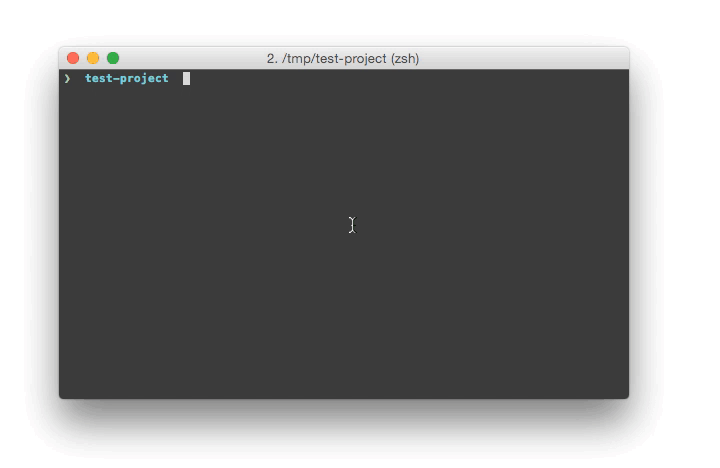A simple NodeJS based command line utility to quickly initialize a developer workspace / git repository including README templates and license files.
-
Make sure you've installed all requirements
-
Install the project globally using
npm:npm install -g init.js
-
Create a new folder for your new project:
mkdir test-project
-
Change into that directory:
cd test-project -
Run
init.js:init
You can optionally pass the following arguments:
Usage: init [options]
Options:
-h, --help Show help and usage information
-v, --version Display version information [default: false]
-i, --ignore-git Ignore existing .git folder in the current directory, can be true or false [default: false]
Since version 1.2.0 you are able to add custom readme and license templates without sending a pull request on GitHub nor adding them in the node_modules/ folder.
Just create a directory called .initjs in your home folder and drop your template readmes into ~/.initjs/readmes/ and licenses (obviously) into ~/.initjs/licenses/.
If you have the github.user git configuration set - it will replace your GitHub user automatically. You can set it usig the following command:
git config --global github.user YourUsername
-
Fork it
-
Create your feature branch:
git checkout -b feature/my-new-feature
-
Commit your changes:
git commit -am 'Add some feature' -
Push to the branch:
git push origin feature/my-new-feature
-
Submit a pull request
- NodeJS
- Existing
.gitconfig
1.3.0

